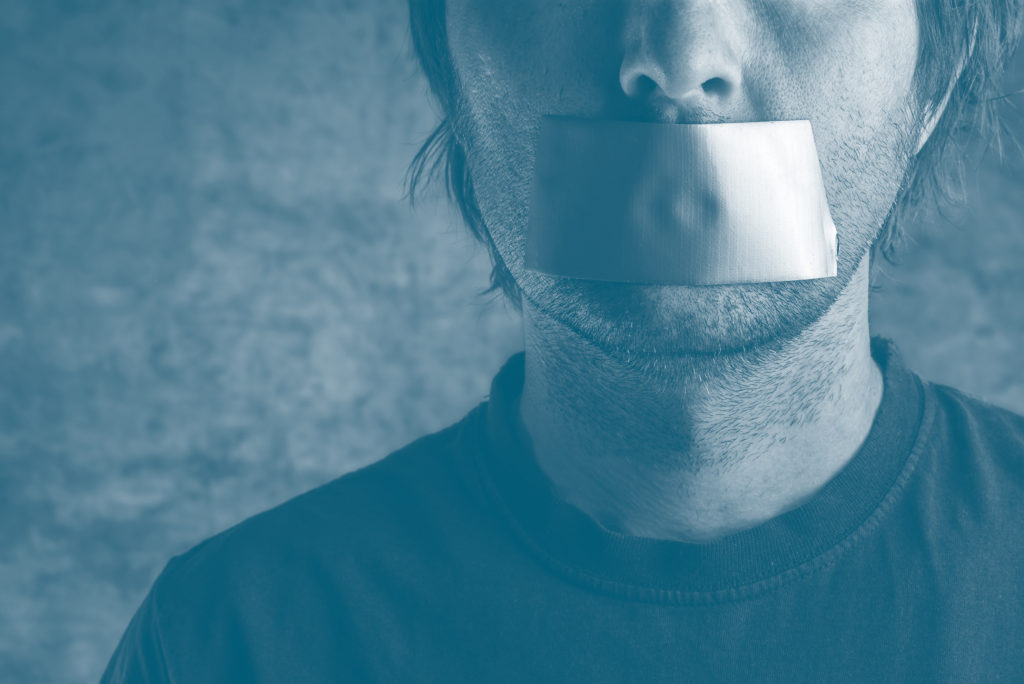Holding Governments and Companies Accountable for Restrictions on Online Speech

As more of daily life is conducted online, the scale of content posted on websites, apps, social media platforms, and other online services has grown enormously. Sites that host users’ content are challenged to define what content their terms of service will allow and to enforce those terms, while also responding to reports of illegal content and activity on their sites. This is a difficult balance to strike while respecting users’ freedom of expression and privacy rights, and companies’ efforts have attracted scrutiny, not least from governments. CDT is fighting to hold governments accountable for their overreaching efforts to regulate speech, especially when the standards they set are vague, broadly worded, or impossible to enforce, while also pushing companies to be transparent about their content moderation practices.
In the European Union, CDT worked to convey its concerns with the proposal for a Regulation on Terrorist Content Online, cautioning against overbroad policies that mandated use of certain technological solutions and rapid takedowns of content without due process and judicial oversight. CDT also organized dozens of civil society organizations to highlight the Regulation’s shortcomings. We secured significant improvements in the version of the Regulation adopted by the European Parliament in April 2019, and at the end of the year, negotiations on the final version with the European Commission and European Council were ongoing. CDT also published guidance for EU regulators on how to craft online content policy initiatives with minimal harm to free expression, access to information, and innovation and entrepreneurship on the internet.
In the wake of a horrific act of violence in Christchurch, New Zealand that was streamed online, CDT highlighted the need for social media platforms to provide transparent looks at how they approach and moderate content like the videos that proliferated during that incident. We also warned that efforts to automate content moderation aimed at topics like terrorist propaganda can sweep in news reporting, documentary footage, and more. CDT advocates for an internet where corporate and government efforts to safeguard people online occur in a legal framework that respects our fundamental rights and promotes the rule of law. This is essential for ensuring that the internet remains a medium that enables diverse opinions and perspectives to flourish across a wide variety of platforms and services.